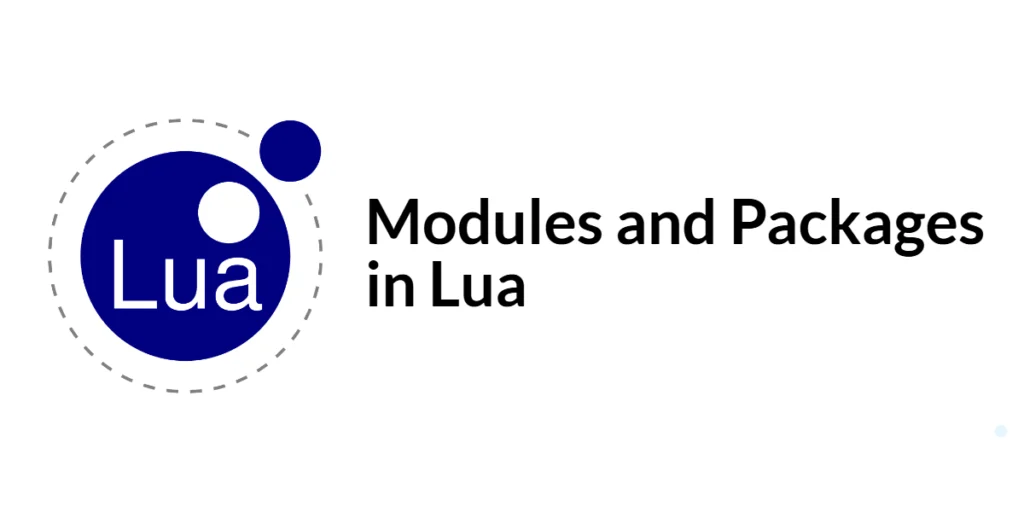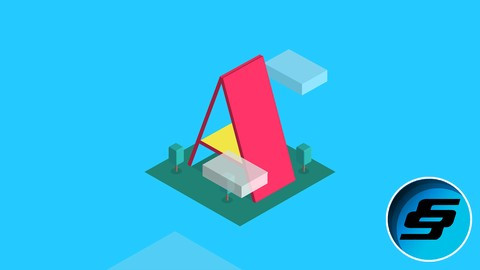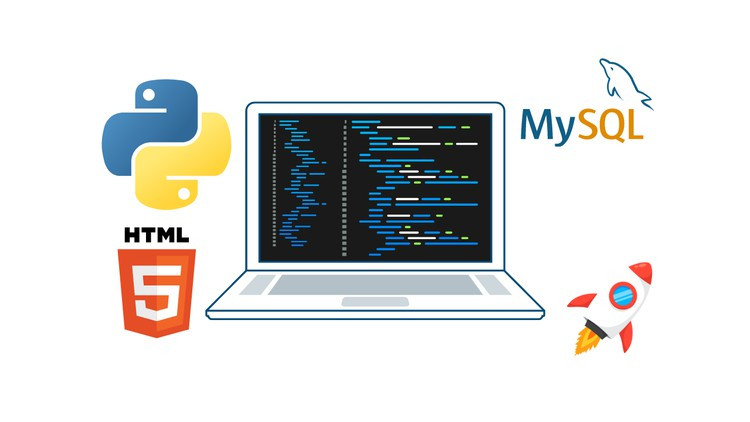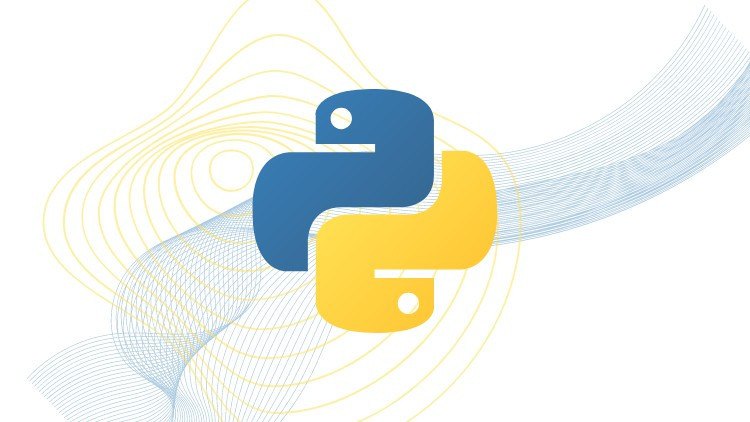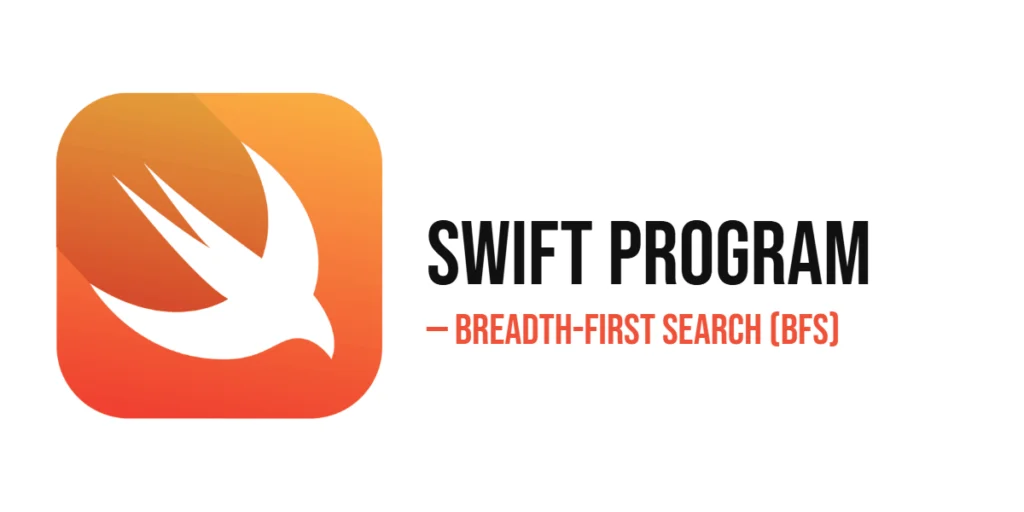Modules and packages are fundamental concepts in Lua for organizing and structuring code. A module is a chunk of code encapsulated in a table, providing a namespace to group related functionalities together. This helps in managing large codebases by breaking them into smaller, reusable components. Packages, on the other hand, are collections of modules that are organized together, usually providing a set of related functionalities.

with hands-on learning.
get the skills and confidence to land your next move.
Using modules and packages in Lua promotes code reuse, maintainability, and separation of concerns. By encapsulating code in modules, you can avoid naming conflicts and improve readability. This guide will explore how to create and use modules, organize code with packages, and provide practical examples to demonstrate their usage.
Creating Modules
Basic Module Structure
In Lua, a module is typically a table that contains functions, variables, and other tables. You define a module by creating a table and adding elements to it.
-- File: mymodule.lua
local mymodule = {}
function mymodule.greet(name)
return "Hello, " .. name
end
return mymoduleIn this example, mymodule is a table that contains a single function greet. The function takes a parameter name and returns a greeting message. The module is returned at the end of the file using the return statement.
Returning a Module Table
Returning a module table at the end of the file makes its contents accessible to other scripts that require the module.
-- File: mymodule.lua
local mymodule = {}
function mymodule.greet(name)
return "Hello, " .. name
end
return mymoduleIn this code, the module mymodule is returned at the end, making the greet function available to other scripts.
Using Modules
Requiring a Module
To use a module in Lua, you require it using the require function. This function loads the module and returns the module table.
-- File: main.lua
local mymodule = require("mymodule")
print(mymodule.greet("Lua")) -- Output: Hello, LuaIn this example, the mymodule is required using require("mymodule"). The greet function is then called with the argument “Lua”, resulting in the output “Hello, Lua”.
Using Functions and Variables from a Module
Once a module is required, you can access its functions and variables using the dot notation.
mymodule.lua:
-- File: mymodule.lua
local mymodule = {}
mymodule.version = "1.0"
function mymodule.greet(name)
return "Hello, " .. name
end
return mymodulemain.lua:
-- File: main.lua
local mymodule = require("mymodule")
print(mymodule.greet("Lua")) -- Output: Hello, Lua
print("Module version:", mymodule.version) -- Output: Module version: 1.0In this example, the mymodule contains a variable version and a function greet. Both are accessed and printed in the main.lua script.
Organizing Code with Packages
Creating a Package
A package is a collection of related modules. You can organize your modules into directories to form a package.
-- Directory structure:
-- mypackage/
-- init.lua
-- utils.lua
-- math.lua
-- File: mypackage/init.lua
local mypackage = {}
mypackage.utils = require("mypackage.utils")
mypackage.math = require("mypackage.math")
return mypackage
-- File: mypackage/utils.lua
local utils = {}
function utils.greet(name)
return "Hello, " .. name
end
return utils
-- File: mypackage/math.lua
local math = {}
function math.add(a, b)
return a + b
end
return mathIn this example, the mypackage directory contains three files: init.lua, utils.lua, and math.lua. The init.lua file serves as the entry point for the package, requiring and returning the utils and math modules.
Requiring a Package
To use a package, you require it using the require function, similar to how you require a module.
-- File: main.lua
local mypackage = require("mypackage")
print(mypackage.utils.greet("Lua")) -- Output: Hello, Lua
print(mypackage.math.add(2, 3)) -- Output: 5In this example, the mypackage is required using require("mypackage"). The greet function from the utils module and the add function from the math module are called and their results are printed.
Practical Examples
Example: Utility Module
You can create a utility module that provides various helper functions.
-- File: utils.lua
local utils = {}
function utils.greet(name)
return "Hello, " .. name
end
function utils.square(x)
return x * x
end
return utilsIn this example, the utils module provides two functions: greet and square. These functions can be used to greet a user and calculate the square of a number, respectively.
Example: Math Package
A math package can provide various mathematical functions organized into separate modules.
-- Directory structure:
-- mathpackage/
-- init.lua
-- arithmetic.lua
-- geometry.lua
-- File: mathpackage/init.lua
local mathpackage = {}
mathpackage.arithmetic = require("mathpackage.arithmetic")
mathpackage.geometry = require("mathpackage.geometry")
return mathpackage
-- File: mathpackage/arithmetic.lua
local arithmetic = {}
function arithmetic.add(a, b)
return a + b
end
function arithmetic.subtract(a, b)
return a - b
end
return arithmetic
-- File: mathpackage/geometry.lua
local geometry = {}
function geometry.areaOfCircle(radius)
return math.pi * radius * radius
end
return geometryIn this example, the mathpackage directory contains three files: init.lua, arithmetic.lua, and geometry.lua. The init.lua file serves as the entry point for the package, requiring and returning the arithmetic and geometry modules. The arithmetic module provides basic arithmetic functions, while the geometry module provides a function to calculate the area of a circle.
Conclusion
Modules and packages in Lua are powerful tools for organizing and structuring code. By encapsulating code in modules, you can promote code reuse, maintainability, and separation of concerns. This guide covered the basics of creating and using modules, organizing code with packages, and provided practical examples to demonstrate their usage. By understanding and leveraging modules and packages, you can write more efficient and maintainable Lua code.
Additional Resources
To further your understanding of Lua programming and modules, consider exploring the following resources:
- Lua Documentation: The official Lua documentation. Lua Documentation
- Programming in Lua: A comprehensive book on Lua by Roberto Ierusalimschy. Programming in Lua
- Lua Users Wiki: A community-driven resource for Lua programmers. Lua Users Wiki
- LuaRocks: A package manager for Lua modules. LuaRocks
By leveraging these resources, you can deepen your knowledge of Lua and enhance your ability to develop powerful scripts and applications.
